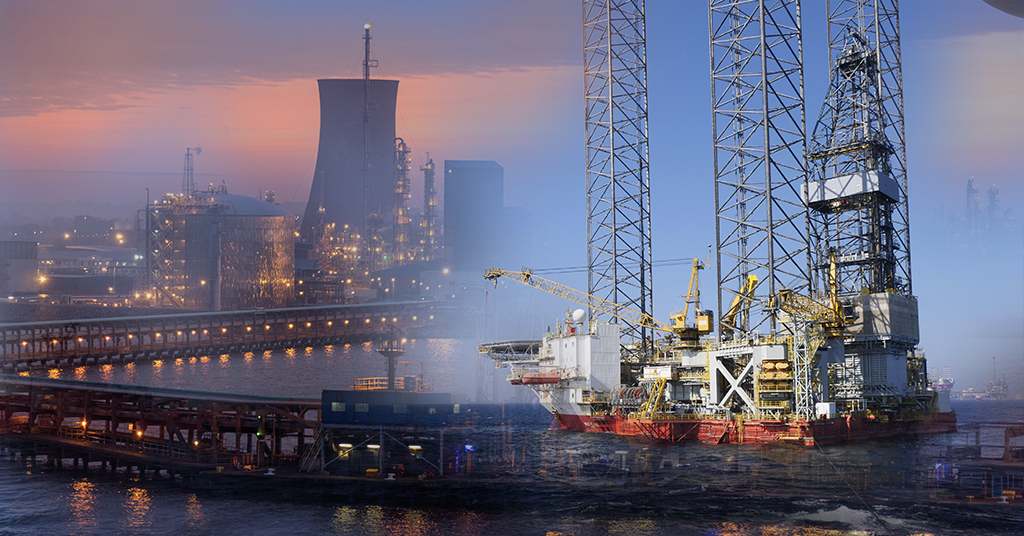Welcome To ChemAnalyst

In the year 2023, Singapore faced a considerable downturn in its bisphenol A (BPA) exports, with the total volume plummeting to 61,200 tonnes. This marked a significant decline, representing the lowest annual export volume in over seven years. The magnitude of this drop compared to the previous year, 2022, was striking, amounting to nearly a 51% decrease. This sharp decline in exports can be attributed to a combination of factors, including production cuts and subdued demand in the market.
A notable contributing factor to the reduced output was the declaration of force majeure on September 2023 deliveries by a Singapore-based manufacturing facility. Force majeure events, often termed as unforeseeable circumstances, hinder a party from fulfilling its contractual obligations. The declaration of force majeure likely disrupted supply chains and impacted production capacity, consequently leading to a decrease in export volumes.
Moreover, weak import demand from China exacerbated the challenges faced by Singapore's BPA exports. China stands as a significant market for BPA, and any decline in demand from this region can profoundly impact overall export volumes. The persistent weakness in import demand underscored the broader challenges prevailing in the market that Singaporean exporters had to navigate.
In 2023, Singapore exported a mere 11.06 thousand tons of BPA to China, a stark contrast to the substantial 82.23 thousand tons exported in the preceding year, 2022. This dramatic decline underscores the significant shift in demand dynamics within the Chinese market and the formidable challenges encountered by Singaporean exporters in meeting these evolving demands.
An additional noteworthy development in the BPA market was the surge in European contract prices for BPA. European contract prices surged to a four-month high in February, propelled by an uptick in the cost of phenol contracts during that month. Phenol serves as a key feedstock in BPA production, and fluctuations in its price can exert a direct influence on BPA prices.
BPA formula contract prices in Europe are influenced by alterations in the monthly proportion of phenol feedstock prices. Consequently, in February, this led to a notable increase of EUR188 per tonne in BPA contract prices. As a result, BPA contract formula prices for February ranged from EUR1,862 to EUR1,912 per tonne, with free delivery (FD) terms applicable in northwest and west Europe.
These price dynamics mirror the broader volatility and fluctuations observed in the global BPA market, which are influenced by various factors such as feedstock prices, supply chain disruptions, and demand dynamics. For Singaporean exporters, adeptly navigating these challenges necessitates adaptability and strategic planning to effectively mitigate risks and seize emerging opportunities in the market landscape.
We use cookies to deliver the best possible experience on our website. To learn more, visit our Privacy Policy. By continuing to use this site or by closing this box, you consent to our use of cookies. More info.
